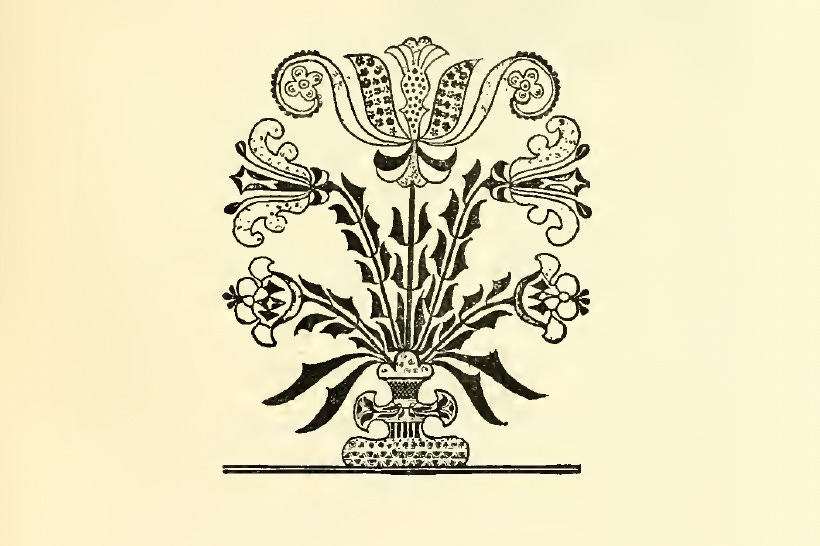There is no objectively correct length for a sentence
On Pennsylvania sectarians and Kleist's ecstasy of language directly permeating into the brain
May is proving to be a busy month for me publication-wise. I have some more fiction out, this time through minor literature[s]: “Back Alley of the Universe”, a collection of very short stories inspired by an apocalyptic religious community that lived in my neighborhood in Philadelphia during the 17th century.
Spring had come to the Wissahickon and Brother Kelpius was walking high along its banks when he chanced upon another hermit, an Englishman—their kind becoming common in the area—digging a rude shelter among the rocks and roots of that place.
You can read more here.
The stories were written earlier this year, part of an ongoing project of historical fiction set in the city and its environs. I was also reminded of Pennsylvania’s history of apocalypticism on a recent trip to the Ephrata Cloister, another such community in Lancaster County, one that was founded in 1732 but persisted into the early 20th century. Ephrata had a beautiful tradition of choral music and fraktur calligraphy, as well as some of the first printing presses in the American colonies. It was great to see preserved examples of the books and sheet music in the place where they were printed.

Our tour guide was a retired pastor of the Brethren Church, an Anabaptist denomination related to the famous Amish and Mennonites of Lancaster and to Ephrata Cloister itself. His fifth-great-granduncle was one of the last celibate members of the community. With their steeply pitched roofs and dormer windows, the buildings of the Cloister reminded me of southern Germany, of Bavaria and the Rhineland in particular, which is no great coincidence since that was where the founders of the Ephrata lived before emigrating.
“The past is intangible,” wrote Marguerite Young, describing the utopian socialist communities of Indiana. She could have been speaking—I think she was speaking—about the United States in general. But somehow, in Southeast Pennsylvania, between the combination deli-filling stations and toll road interchanges, some of that past has been preserved.



